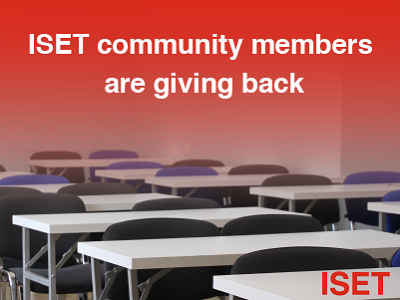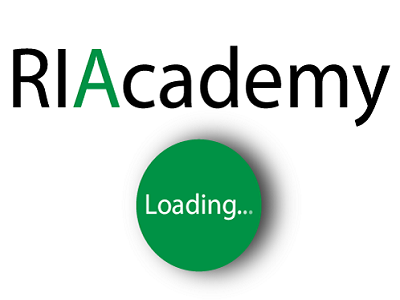ISET community members returning to teach the next generations – entirely pro bono
- Details

The strength of the ISET community is best demonstrated by the solid bonds that exist within the community. The number of ISET community members are returning to help the institute by passing on their skills, knowledge and experience to the next generations continues to grow.
One example is Ala Avoyan, one of the most successful graduates ISET has ever had. She finished her studies in 2012 as the valedictorian of her class, before earning a fully-funded scholarship to New York University to pursue a PhD, after which she secured a position as an associate professor at Indiana University. Ala came to Tbilisi for a short visit in 2019 to teach a two-week course in Experimental Economics. Her teaching was entirely voluntary, and a result of her desire to give something back to ISET. Ala also gave a career development talk in which she shared her experience and gave valuable insight into the opportunities and challenges graduates may expect to encounter.
ISET establishes RIAcademy
- Details

Regulatory Impact Assessment (RIA) is a core tool for regulatory quality. It is a systemic approach to structurally define policy issues and critically assessing the likely positive and negative effects of the regulatory and non-regulatory alternatives proposed to address them.
Georgia has formally institutionalized Regulatory Impact Assessment (RIA) in 2020, with the amendment to the Law on Normative Acts, which is a substantial step towards evidence-based, participatory policy decision-making in the country. RIA institutionalization process started several years ago, with the support of several international donors. Over the last few years, the capacity of public servants, civil society and academia representatives has been built through training cycles, coached hands-on pilots, and donor-funded grants to conduct RIAs of selected reform initiatives. Despite this, at this early stage of RIA institutionalization, the public sector’s capacity in undertaking RIA is still limited, hampering evidence-based policymaking process.










